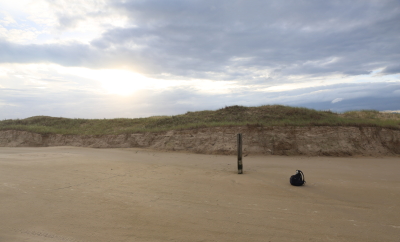
Existential Psychology
Authoritative Parenting Fits Our Existential Condition
There has been a great deal of psychological research on parenting styles and most of it has come to the same general conclusion, which is that both the permissive and authoritarian styles lead to bad outcomes while the authoritative style leads to good outcomes. Think of permissive parenting as being Laissez–faire, letting your kids do pretty much anything they want without rules or boundaries, authoritarian parenting as being a disciplinarian, where rules and boundaries are strictly enforced, and authoritative parenting as creating clearly defined rules and boundaries but allowing kids the flexibility to move freely within and push against these rules and boundaries, being open to adjustments as they grow and change.
Authoritative parenting fits our existential condition as human beings, and this is probably why it works so well. One of the central paradoxes of being human, even as adults, is that we at once yearn to be free and yearn for guidance, for protection. Faced with the immensity of the cosmos and time, with the realization of how tiny we are compared to them, we search for ways to come to terms with the discrepancy. Some of us lower our existential anxiety through channels like attachment to our families and romantic partners, membership in a group, allegiance to a nation or ideal, or faith in a higher power. Others of us go the opposite direction, seeking to self-actualize as much as possible, to create, to get ‘bigger’ as it were in order to feel better equipped to confront the immensity of existence and leave our mark upon it in some way. The psychologist Kirk Schneider calls these constrictive and expansive tendencies, and they are both present in all of us, although most of us tend to focus almost exclusively on one or the other, a situation that creates conflict because we ignore or minimize that other pole.
So back to parenting styles, you’ve probably already figured out where we’re going with this, which is that the permissive style of parenting focuses on the expansive while ignoring the constrictive, and the authoritarian style focuses on the constrictive while ignoring the expansive. Both styles make the child unconsciously yearn for the missing pole.
The authoritative style, on the other hand, attends to both sides of the coin. It creates structure and with it the feeling of safety and direction for the growing child. But at the same time it allows for expansion, for a sense of freedom and adventure, for the chance to explore the Self within these boundaries and to start to push against them. So the genius of the authoritative style is that it resolves the human paradox of constriction and expansion, creating a situation where healthy psychological and emotional growth are possible.



